Books by Faculty with Latin American Interests
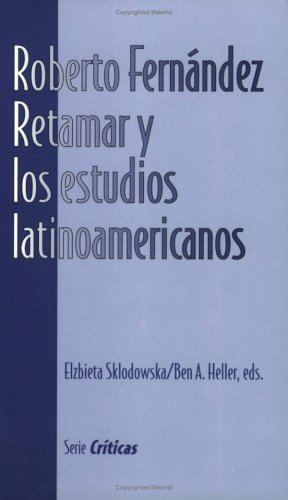
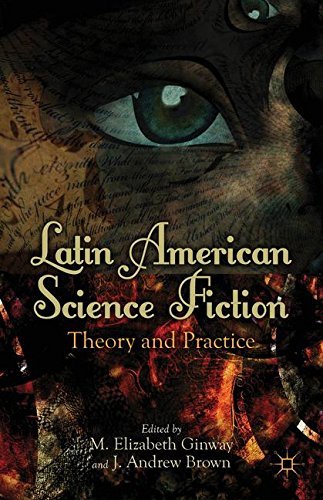

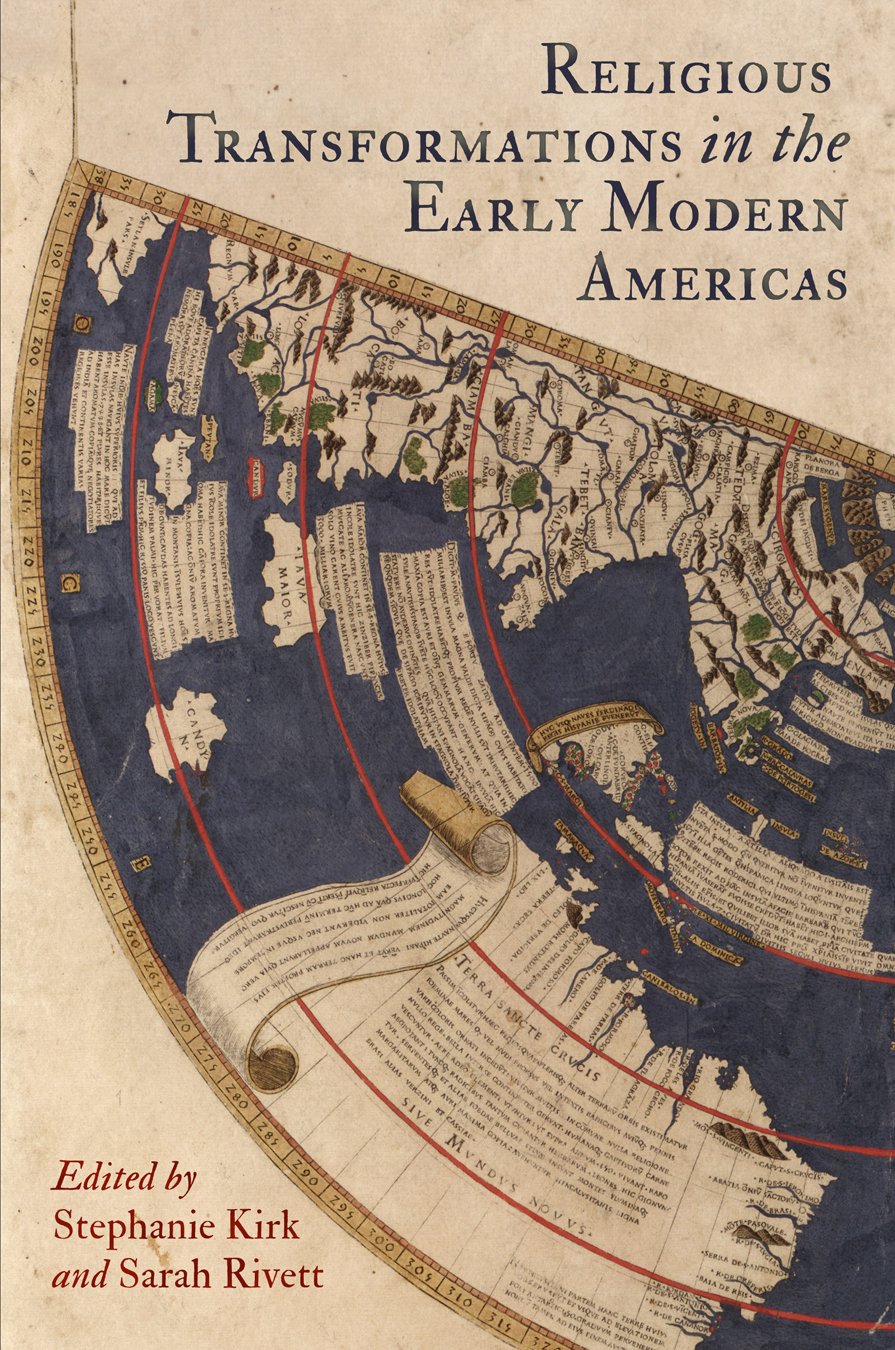
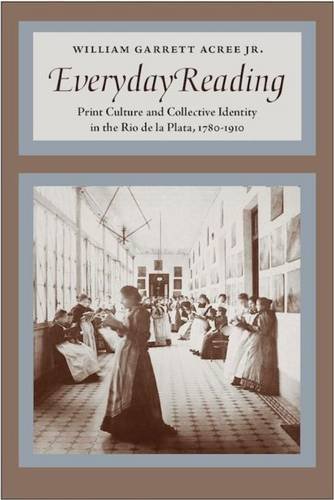
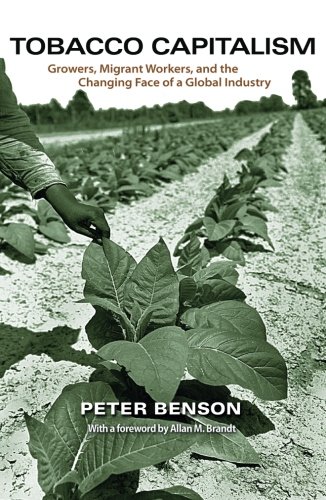
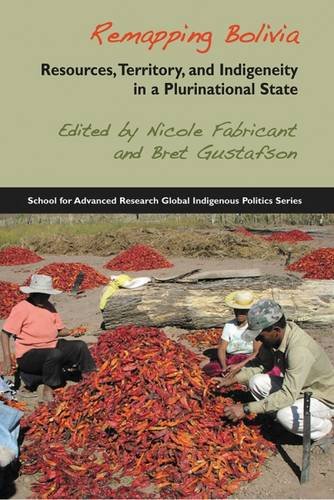
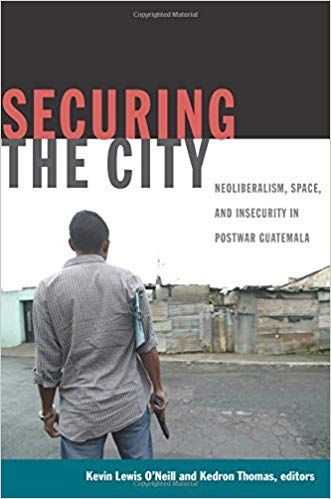
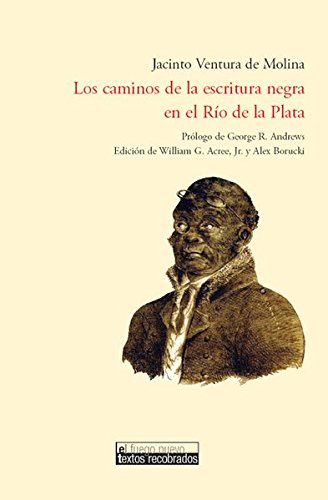
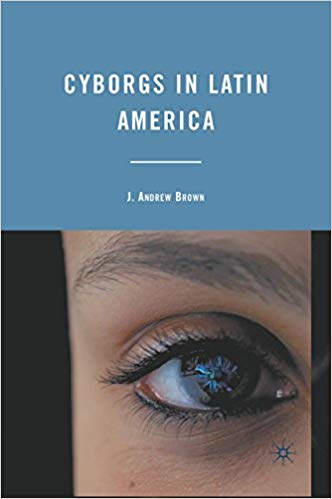
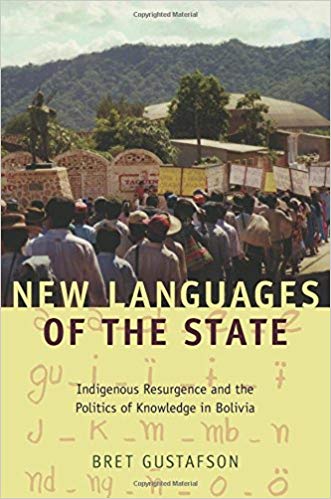
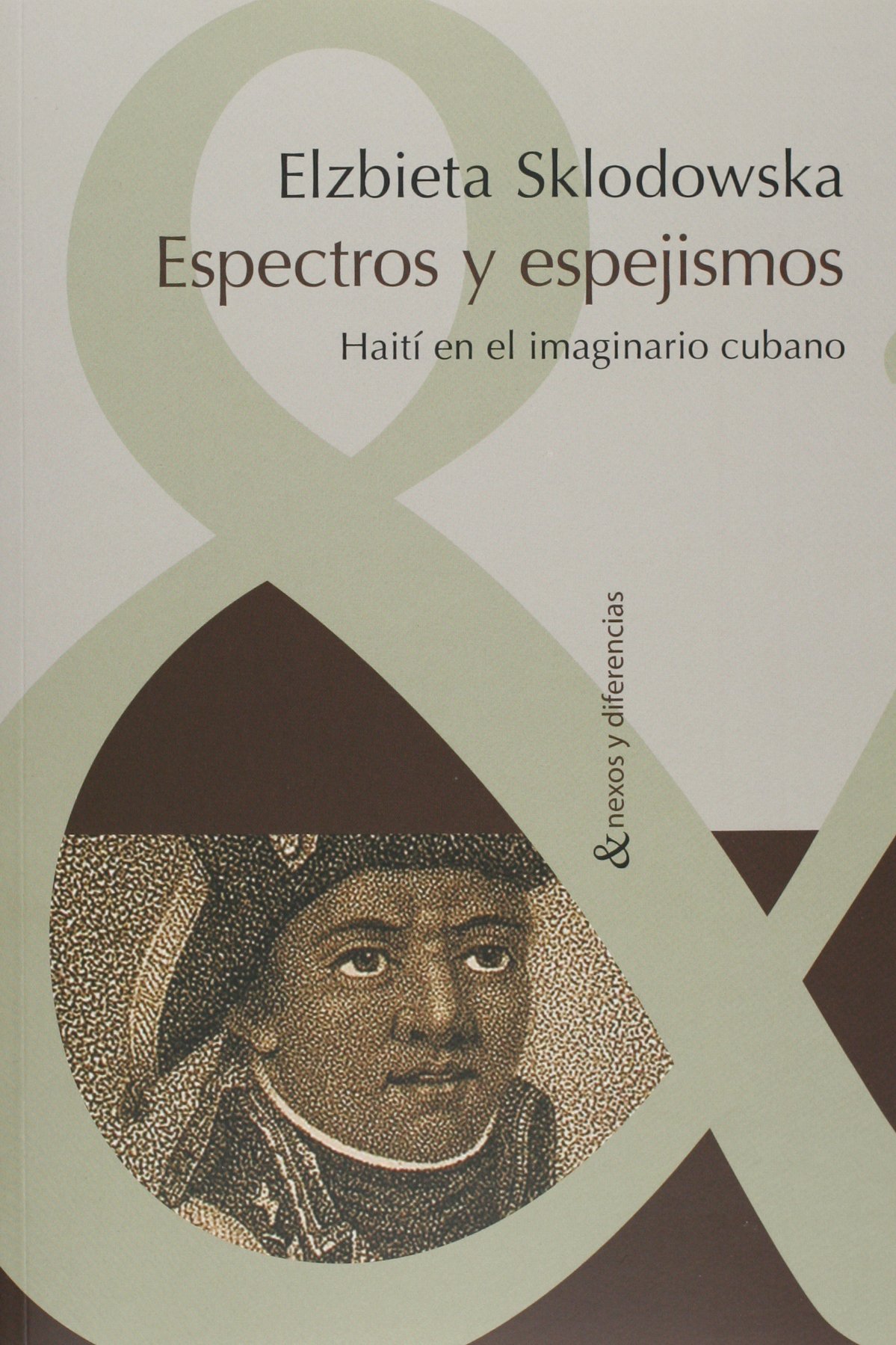
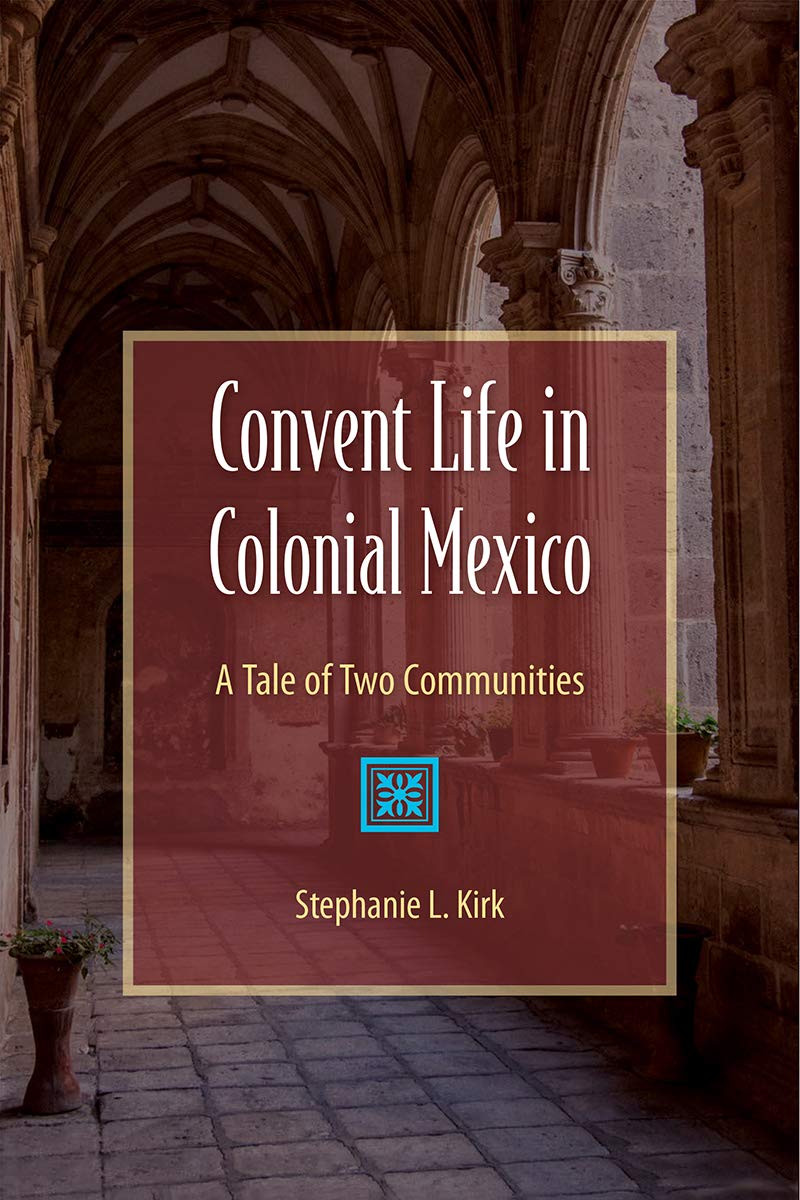

Roberto Fernández Retamar y los estudios latinoamericanos
Constituye una puesta al Día acerca de los aportes y debates que rodean la obra del escritor cubano. Se estudian principalmente las polémicas en torno a Calibán, la problemática del multiculturalismo, cuestiones vinculadas a la relación literatura/ideología, y a la especificidad de la cultura caribeña. Además de valiosos estudios críticos, el libro contiene un artículo del mismo Fernández Retamar titulado, “De Drácula, Occidente, América y otras invenciones.”
Latin American Science Fiction Theory and Practice
Combining work by critics from Latin America, the USA, and Europe, Latin American Science Fiction: Theory and Practice is the first anthology of articles in English to examine science fiction in all of Latin America, from Mexico and the Caribbean to Brazil and the Southern Cone. Using a variety of sophisticated theoretical approaches, the book explores not merely the development of a science fiction tradition in the region, but more importantly, the intricate ways in which this tradition has engaged with the most important cultural and literary debates of recent year.
Broccoli & Desire
This book takes a surprising look at the hidden world of broccoli, connecting American consumers concerned about their health and diet with Maya farmers concerned about holding onto their land and making a living.
Compelling life stories and rich descriptions from ethnographic fieldwork among supermarket shoppers in Nashville, Tennessee and Maya farmers in highland Guatemala bring the commodity chain of this seemingly mundane product to life. For affluent Americans, broccoli fits into everyday concerns about eating right, being healthy, staying in shape, and valuing natural foods. For Maya farmers, this new export crop provides an opportunity to make a little extra money in difficult, often risky circumstances. Unbeknownst to each other, the American consumer and the Maya farmer are bound together in webs of desire and material production.
Religious Transformations in the Early Modern Americas
Religious Transformations in the Early Modern Americas explores the impact of colonial encounters in the Atlantic world on the history of Christianity. Essays from across disciplines examine religious history from a spatial perspective, tracing geographical movements and population dispersals as they were shaped by the millennial designs and evangelizing impulses of European empires. At the same time, religion provides a provocative lens through which to view patterns of social restriction, exclusion, and tension, as well as those of acculturation, accommodation, and resistance in a comparative colonial context. Through nuanced attention to the particularities of faith, especially Anglo-Protestant settlements in North America and the Ibero-Catholic missions in Latin America, Religious Transformations in the Early Modern Americas illuminates the complexity and variety of the colonial world as it transformed a range of Christian beliefs.
Everyday Reading
Starting in the late nineteenth century, the region of South America known as the Rio de la Plata (containing modern-day Uruguay and Argentina) boasted the highest literacy rates in Latin America. In Everyday Reading, William Acree explores the history, events, and culture that gave rise to the region's remarkable progress. With a specific focus on its print culture, in the form of newspapers, political advertisements and documents, schoolbooks, and even stamps and currency, Acree creates a portrait of a literary culture that permeated every aspect of life.
Everyday Reading argues that the introduction of the printing press into the Rio de la Plata in the 1780s hastened the collapse of Spanish imperial control and played a major role in the transition to independence some thirty years later. After independence, print culture nurtured a new identity and helped sustain the region through the tumult of civil war in the mid-1800s. Acree concludes by examining the role of reading in formal education, which had grown exponentially by the early twentieth century as schoolchildren were taught to fulfill traditional roles in society.
Tobacco Capitalism
Tobacco Capitalism tells the story of the people who live and work on U.S. tobacco farms at a time when the global tobacco industry is undergoing profound changes. Against the backdrop of the antitobacco movement, the globalization and industrialization of agriculture, and intense debates over immigration, Peter Benson draws on years of field research to examine the moral and financial struggles of growers, the difficult conditions that affect Mexican migrant workers, and the complex politics of citizenship and economic decline in communities dependent on this most harmful commodity.
Remapping Bolivia Resources, Territory, and Indigeneity in a Plurinational State
The 2005 election of Evo Morales to the presidency of Bolivia marked a critical moment of transformation—a coca farmer and peasant union leader became the first indigenous president in the history of the Americas. Gathering work from a new generation of anthropologists and scholars in related disciplines who have been doing fieldwork in the “post-Evo” era, Remapping Bolivia reflects shifting paradigms in Latin Americanist and indigenous-related research.
Securing the City: Neoliberalism, Space, and Insecurity in Postwar Guatemala
Unprecedented crime rates have made Guatemala City one of the most dangerous cities in the world. Following a peace process that ended Central America’s longest and bloodiest civil war and impelled the transition from a state-centric economy to the global free market, Guatemala’s neoliberal moment is now strikingly evident in the practices and politics of security. Postwar violence has not prompted public debates about the conditions that permit transnational gangs, drug cartels, and organized crime to thrive. Instead, the dominant reaction to crime has been the cultural promulgation of fear and the privatization of what would otherwise be the state’s responsibility to secure the city. This collection of essays, the first comparative study of urban Guatemala, explores these neoliberal efforts at security. Contributing to the anthropology of space and urban studies, this book brings together anthropologists and historians to examine how postwar violence and responses to it are reconfiguring urban space, transforming the relationship between city and country, and exacerbating deeply rooted structures of inequality and ethnic discrimination.
Los caminos de la escritura negra en el rio de la plata
Selección de sus manuscritos de Jacinto Ventura de Molina (1766-1841), figura excepcional para la historia y la literatura de América Latina. Negro libre y letrado, Molina vivió en Rio Grande (Brasil), Buenos Aires y Montevideo. Sus escritos dan testimonio sobre una de las épocas más apasionantes de Iberoamérica: el final del régimen colonial, las guerras de independencia y el surgimiento de las nuevas repúblicas.
Cyborgs in Latin America
Cyborgs in Latin America explores the ways cultural expression in Latin America has grappled with the changing relationships between technology and human identity.
New Languages of the State
During the mid-1990s, a bilingual intercultural education initiative was launched to promote the introduction of indigenous languages alongside Spanish in public elementary schools in Bolivia’s indigenous regions. Bret Gustafson spent fourteen years studying and working in southeastern Bolivia with the Guarani, who were at the vanguard of the movement for bilingual education. Drawing on his collaborative work with indigenous organizations and bilingual-education activists as well as more traditional ethnographic research, Gustafson traces two decades of indigenous resurgence and education politics in Bolivia, from the 1980s through the election of Evo Morales in 2005. Bilingual education was a component of education reform linked to foreign-aid development mandates, and foreign aid workers figure in New Languages of the State, as do teachers and their unions, transnational intellectual networks, and assertive indigenous political and intellectual movements across the Andes.
Gustafson shows that bilingual education is an issue that extends far beyond the classroom. Public schools are at the center of a broader battle over territory, power, and knowledge as indigenous movements across Latin America actively defend their languages and knowledge systems. In attempting to decolonize nation-states, the indigenous movements are challenging deep-rooted colonial racism and neoliberal reforms intended to mold public education to serve the market. Meanwhile, market reformers nominally embrace cultural pluralism while implementing political and economic policies that exacerbate inequality. Juxtaposing Guarani life, language, and activism with intimate portraits of reform politics among academics, bureaucrats, and others in and beyond La Paz, Gustafson illuminates the issues, strategic dilemmas, and imperfect alliances behind bilingual intercultural education.
Espectros y espejismos Haití en el imaginario cubano
El libro responde a un impulso de abordar los desencuentros cubano-haitianos desde una perspectiva predominantemente crítico-literaria, un tema aún no muy estudiado en el área de los estudios literarios y culturales.
Convent Life in Colonial Mexico: A Tale of Two Communities
The Catholic Church produced an enormous volume of written material designed to ensure the servility of nuns. Reading this body of proscriptive literature alongside nuns’ own writings, Kirk finds that practice often diverged from theory. She analyzes how seventeenth- and eighteenth-century nuns formed alliances and friendships in defiance of Church authorities’ efforts to contain and control them. In the Mexican convents that form the basis of Kirk's study, nuns developed a powerful, counterhegemonic spirit of female solidarity, establishing communities that made possible a surprising degree of productive autonomy, despite official promotion of oppressive ideas about gender and religiosity. Kirk also examines the motivations and discursive structures behind the Church’s desire to regulate all aspects of convent life.
Democratic Institutional Design: The Powers and Incentives of Venezuelan Politicians and Interest Groups
Based on the policy-making structures of Venezuelan government, this book examines the constitutionally allocated powers of the executive and legislature and shows how the powers of each branch are exercised given the incentives established by the electoral system and changing partisan strengths. Several institutional characteristics have led to a passive legislature and an activist chief executive. The advantages presidents enjoy as a result of their constitutional and partisan powers are demonstrated by a wealth of empirical evidence, including records of votes of censure, initiation of legislation, and the use of decree authority.
Because of its dominance, the Venezuelan executive branch is the focus of interest-group pressure, which is institutionalized through consultative commissions and a decentralized public administration. The author analyzes memberships of more than 300 advisory commissions and governing boards, revealing the preponderance of posts filled by umbrella agencies for business and labor. The interaction of this limited version of civil society with policy makers in the executive branch has led to a highly protectionist development strategy and excessive government subsidies. The strategy and the political process that made it possible were both exhausted by the end of the 1980s. Venezuela was in political and economic crisis.
The author places Venezuela in a comparative context with other Latin American states on three issues: the likelihood that executives will receive disciplined, majority support in the legislature; the constitutional powers of presidents; and the degree to which business and labor are formally incorporated through single peak associations. Participation and policy-making processes vary significantly across Latin American democracies, with few others reaching the level of centralization that has characterized Venezuela. At the other end of the spectrum, some Latin American institutional designs are characterized by diffusion and fragmentation. In conclusion, the author offers a blueprint to modify some of the counterproductive patterns associated with Venezuela, one of the longest-lived but now troubled democracies in Latin America.
